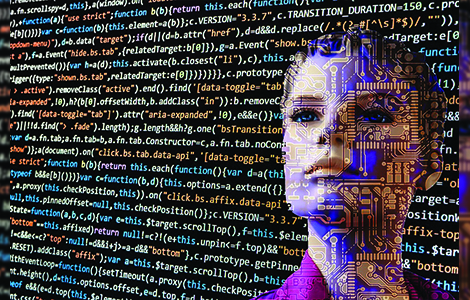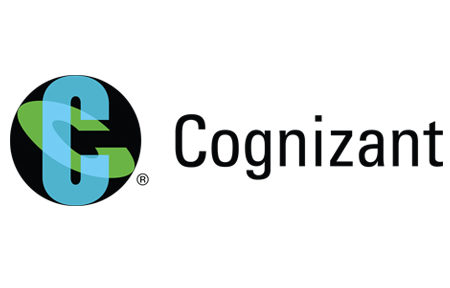A redeeming feature of the digital age is the shortening of time lags between when new technology first appears in developed countries and its adoption across the world. Sometimes developing countries leapfrog a generation – as India did with telecom – when we seamlessly skipped mass penetration of land lines to ubiquitous mobile phone penetration; or more recently when mobile-based payments have acquired greater acceptance than credit cards did over decades.
Much like this, artificial intelligence, machine learning (AI, ML) and robotics technologies are silently but increasingly automating work tasks. Some of it is already in use. Email comes with filters and smart replies; maps and ride sharing apps use AI in route planning and pricing; online retailers use AI to understand your preferences and buying habits so they personalise your shopping experience. Music streaming sites provide AI-curated personalised playlists, and the 24-hour customer helpdesk you use online probably doesn’t have a human at the other end.
As voice and facial recognition continue to evolve, machine learning algorithms are getting more capable than ever. Deep neural networks now give AI the ability to learn – moving from doing tasks to solving problems independent of subsequent instructions. Venture capital funding of AI companies globally soared 72% last year, hitting a record $9.3 billion in 2018.
But as AI becomes increasingly embedded in our society, it will change how we work and live. There is understandable fear that AI will cause disruption and take away jobs. Policy makers will need to address this given already existing concerns about rising unemployment. IDC predicts that by 2024, half of structured and repeatable tasks will be automated in workplaces, and 20% of knowledge workers will have AI-infused software or a digitally connected technology as a coworker. According to a McKinsey report, job profiles characterised by repetitive activities could experience the largest decline as a share of total employment from 40% to around 30% by 2030.
Policy makers will have to show bold leadership, and companies will have to address the mammoth task of skilling and reskilling people to work with AI. Individuals will need to adjust to a new world in which job turnover could be more frequent as they transition to new types of employment, and the likely necessity to continually refresh and update their skills to match a dynamically changing job market.
Source:
https://economictimes.indiatimes.com/tech/software/are-we-ready-for-artificial-intelligence/articleshow/68421500.cms







